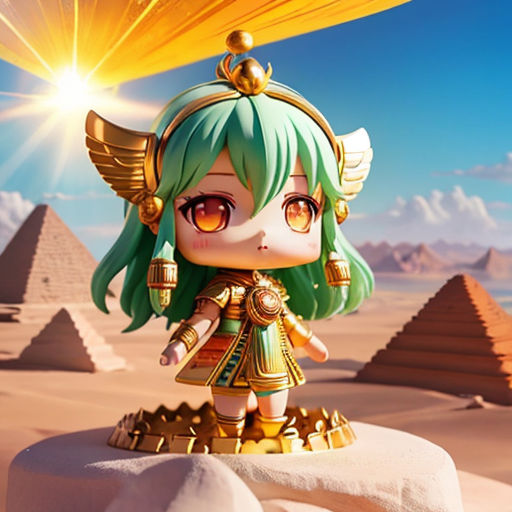
The Birth of Ra: A Tale of Ancient Egypt
By billion

19 Jul, 2023

Thousands of years ago, under the ancient Egyptian sun, people wondered about the world's creation. They imagined an interesting tale filled with gods and chaos.

In the beginning, there was only chaos; a vast, dark, and infinite ocean known as Nun. This was the original state of the universe, according to ancient Egyptian beliefs.
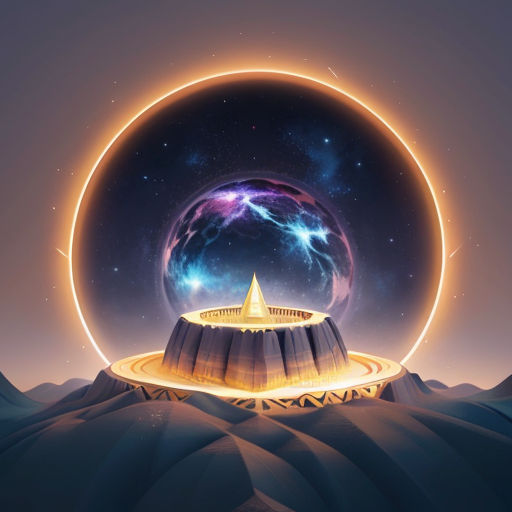
Suddenly, from the depths of Nun, a mound of earth rose. This mound, named Benben, was where life began. Atop this mound, a god named Atum emerged.
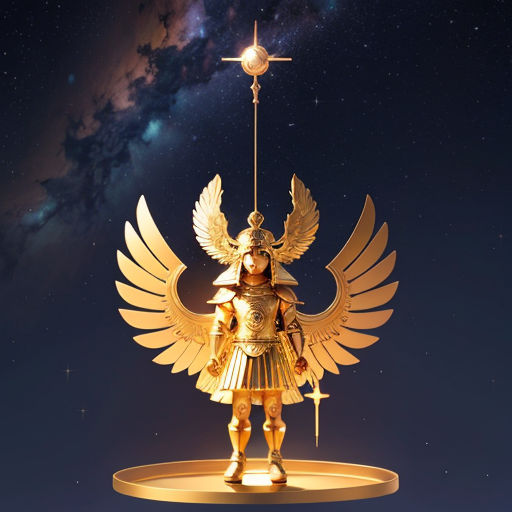
Atum, the first god, symbolized the sun and creation. He was alone in the vast emptiness, so he decided to fill the world with life.
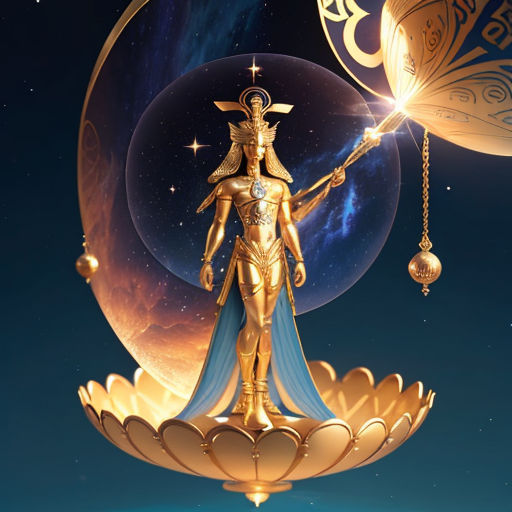
By his sheer will and power, Atum started the process of creation. He brought forth Shu, the god of air, and Tefnut, the goddess of moisture.
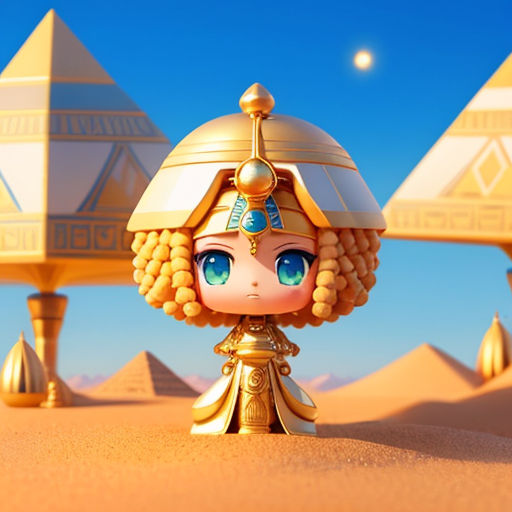
Shu and Tefnut gave birth to two children, Geb, the earth god, and Nut, the sky goddess. Together, they represented the earthly realm.
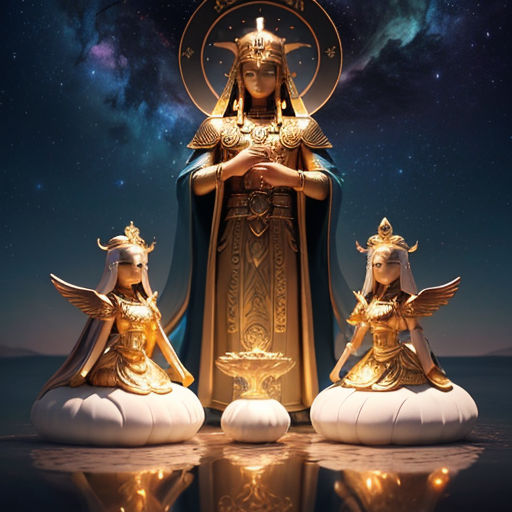
Nut and Geb had four children: Osiris, Isis, Set, and Nephthys. These gods played pivotal roles in the further creation and maintenance of the world.
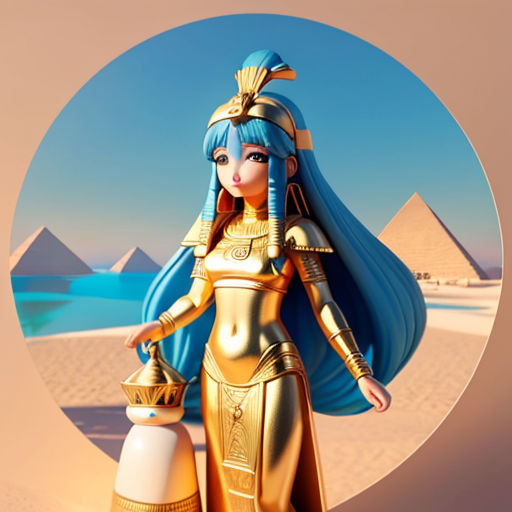
Osiris, the eldest, ruled the earth while his sister and wife, Isis, was a nurturing goddess. They were loved and revered by ancient Egyptians for their kindness.

Set, the god of chaos and desert storms, was jealous of his brother Osiris's rule. Nephthys, Set's sister, was often overshadowed by her more famous siblings.
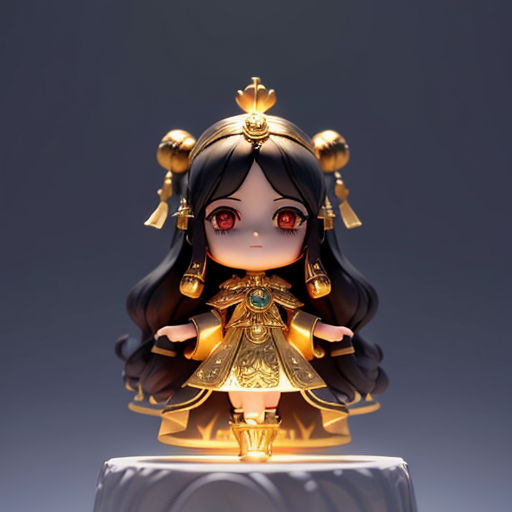
Set, consumed by envy, murdered Osiris and took over his kingdom. Crushed by her husband's death, Isis sought to bring Osiris back to life.
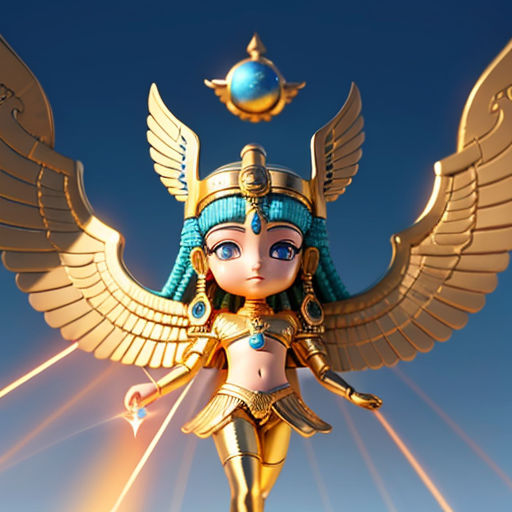
Through her magic, Isis resurrected Osiris long enough for them to conceive a son, Horus. After that, Osiris became the god of the underworld.
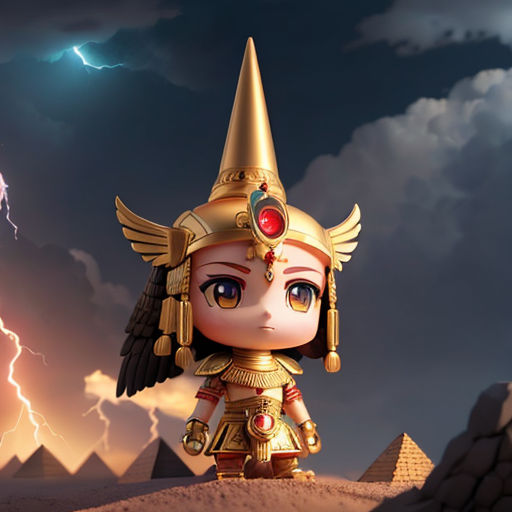
Horus, the falcon-headed god symbolizing the sky, sought revenge on Set for his father's death. The battle between Set and Horus was fierce and long-lasting.
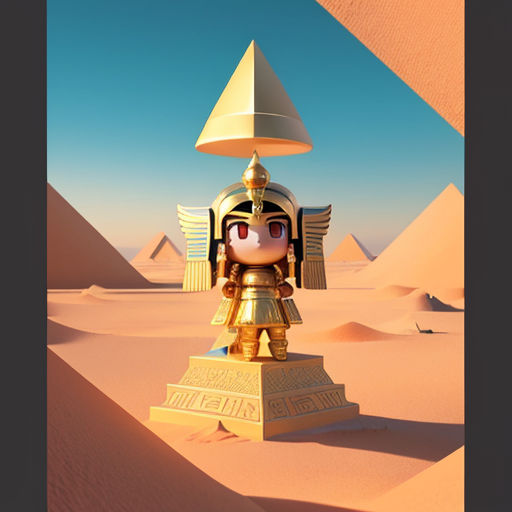
Eventually, Horus emerged victorious, claiming the throne of Egypt. Set was exiled to the desert, and the order was restored.
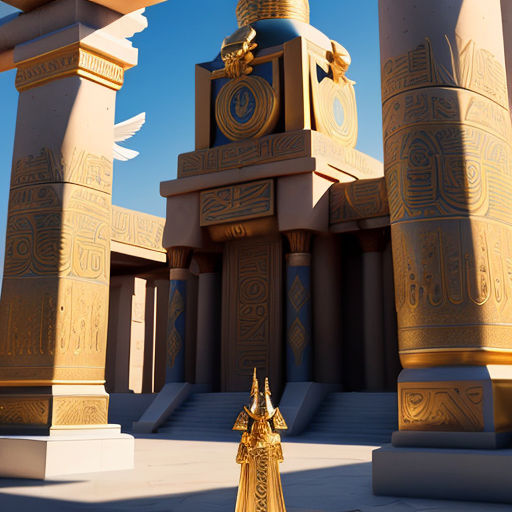
The story of Horus's victory over Set symbolized the struggle between order and chaos, good and evil. It was central to the ancient Egyptian understanding of the world.
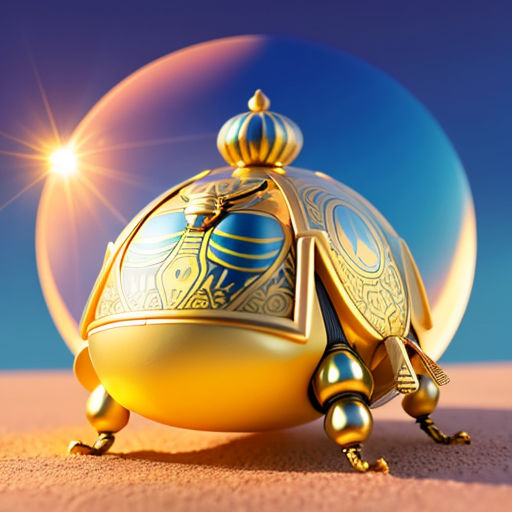
Every sunrise was seen as a triumph of order over chaos, represented by a scarab beetle, Khepri, pushing the sun through the sky. Only to renew this struggle every dawn.
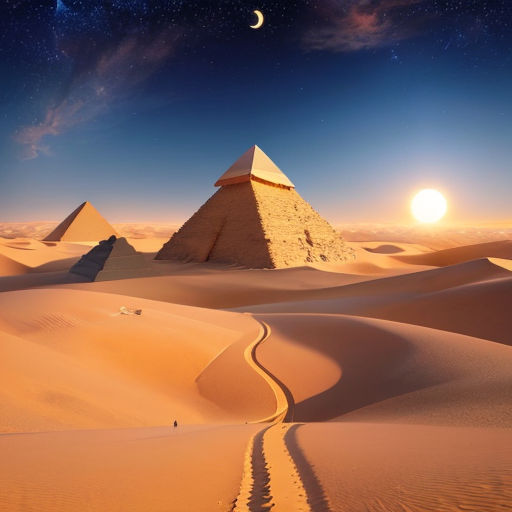
Hence, day and night, life and death, all followed a cycle. This concept of eternal recurrence was integral to the ancient Egyptian view of time and existence.
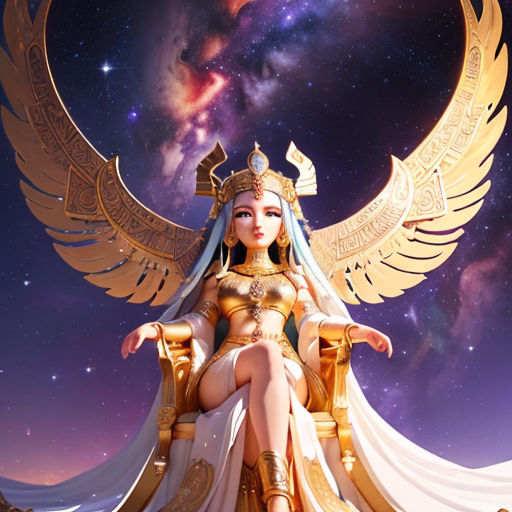
Ma'at, the goddess of truth and balance, ensured that this cycle was maintained. If disrupted, chaos would engulf the world.
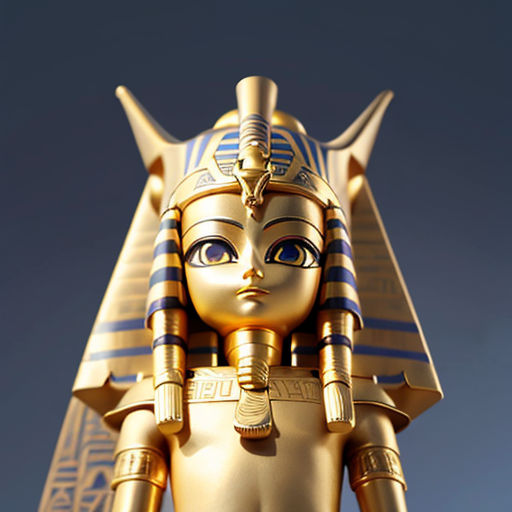
This idea of maintaining balance was reflected in the pharaoh's role. Regarded as the earthly embodiment of Horus, the pharaoh was responsible for maintaining Ma'at, hence preserving order.
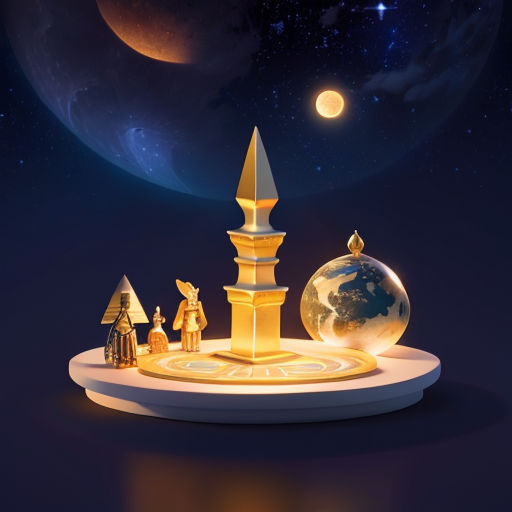
The ancient Egyptian creation myth provided a comprehensive explanation of how the world came to be, its inherent cycles, and the role humans played in it.
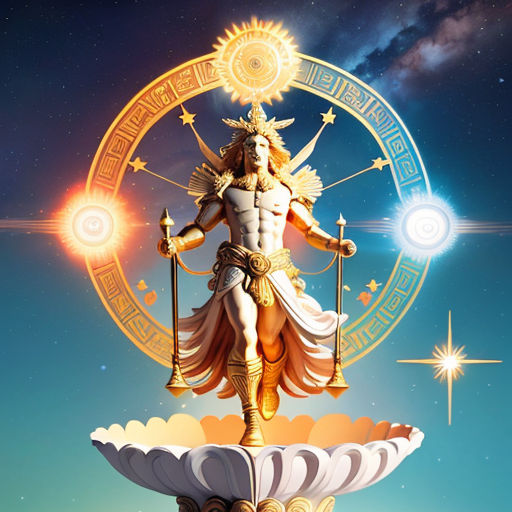
The gods, embodying natural elements and principles, served as touchstones for understanding the universe's workings. Each god had their unique tales woven around them.
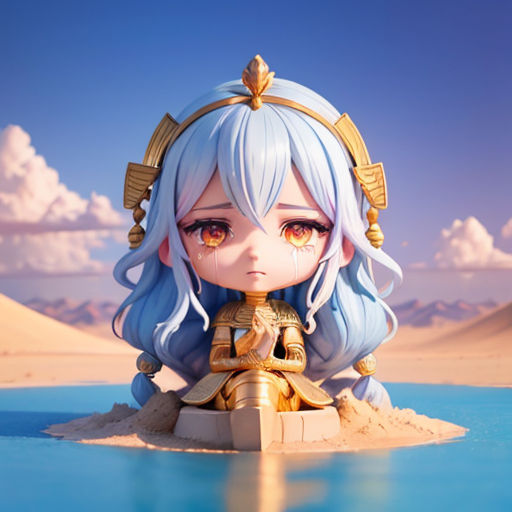
The Nile's yearly inundation, providing fertile soil for agriculture, was attributed to the tears of the sky goddess, Nut. The harsh desert was seen as the realm of Set.
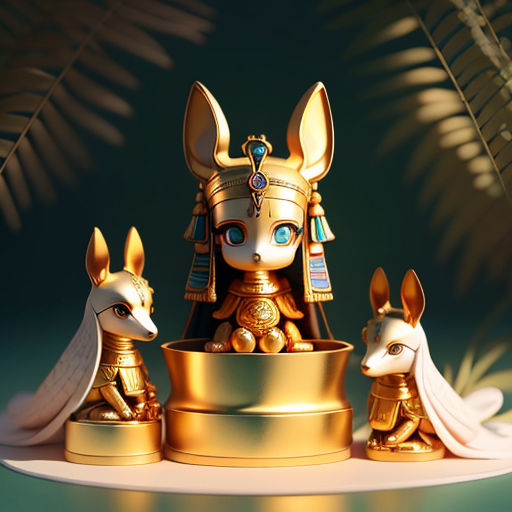
These stories helped the ancient Egyptians make sense of their surroundings. They recognized themselves as an integral part of an everlasting cycle of birth, death, and rebirth.
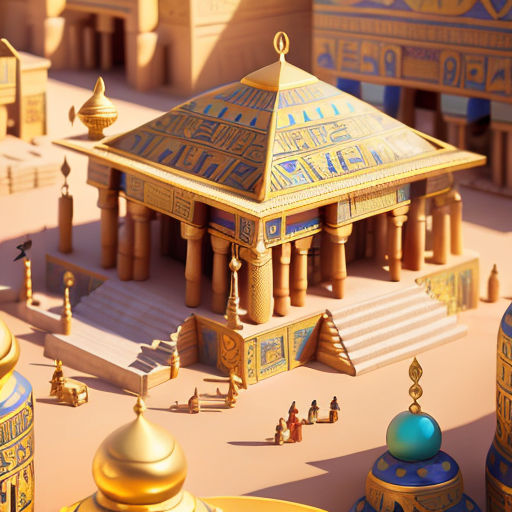
Although these myths might seem strange today, they were crucial for the ancient Egyptians. They infused the everyday life of ancient Egyptians with magic, meaning, and purpose.

The creation myth has left a lasting legacy on Egypt. The gods, temples, and rituals from the myth still echo in Egypt's resilient sands and monumental structures.
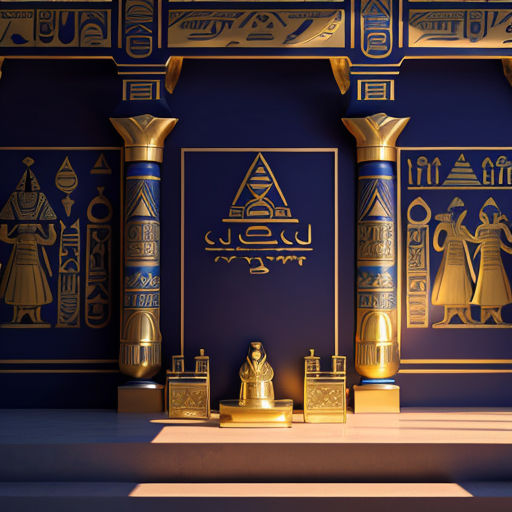
Stories of Atum, Osiris, Isis, and others can still be seen depicted in the hieroglyphs adorning the walls of temples, tombs, and pyramids.
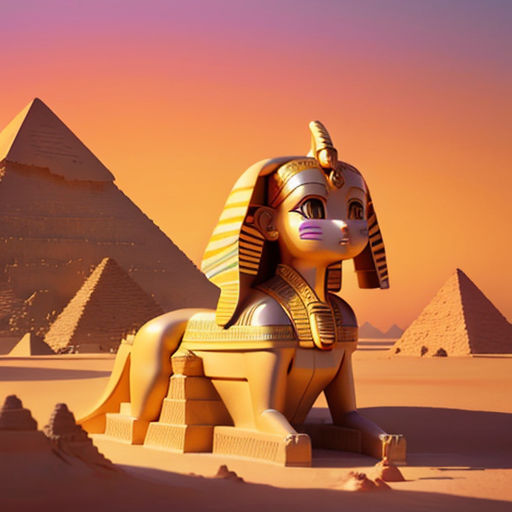
So, next time you admire a picture of the mysterious Sphinx or the majestic pyramids, remember the myth of a god rising from chaos, which began it all.
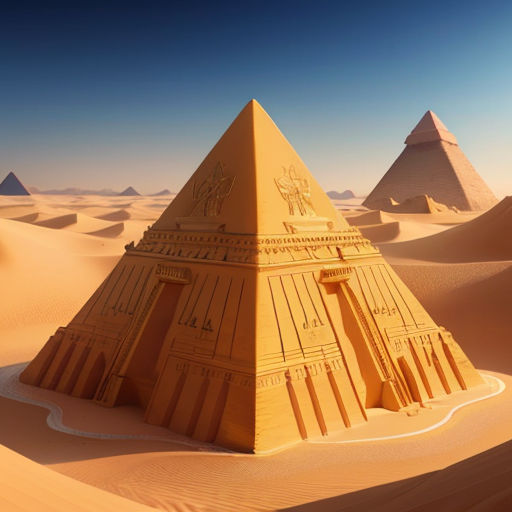
Remember the tale of an ancient land where every sunrise was a victory, every life a part of an eternal cycle and every pharaoh a god.
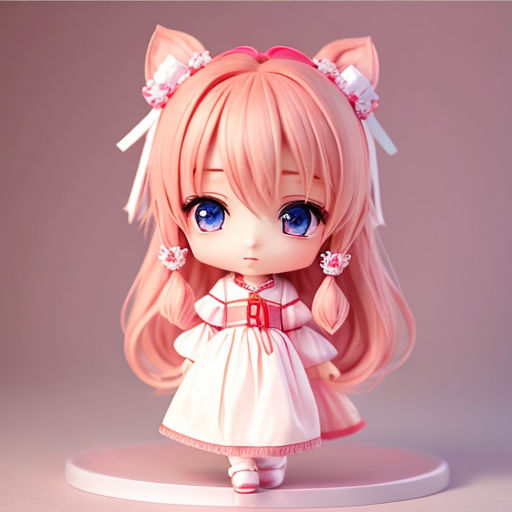
Remember the tale of ancient Egypt.